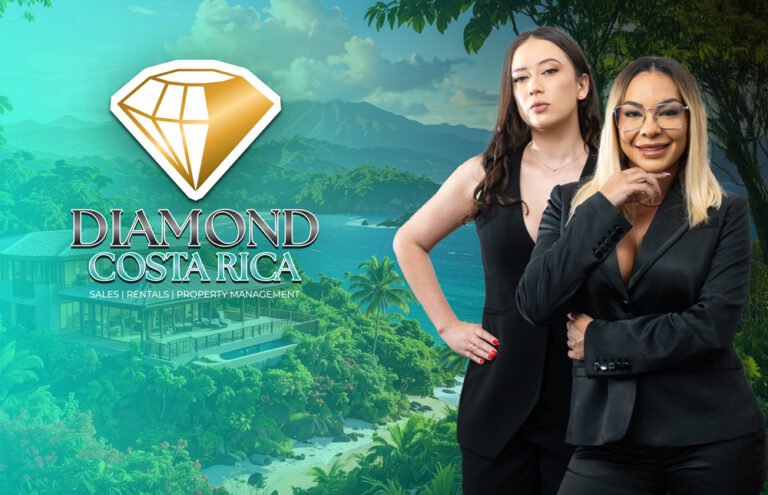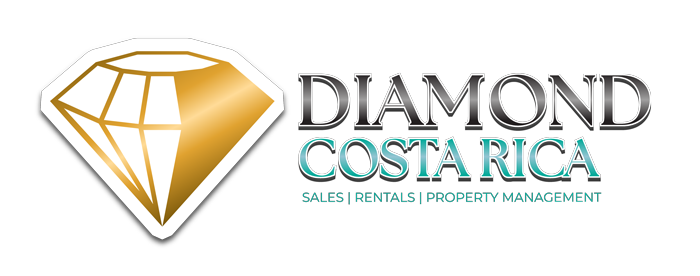Property Management in Costa Rica
1. Who is this service for?
This service is ideal for owners of luxury homes in Costa Rica who are living abroad or don’t have time to personally manage their property.
2. What services do you offer?
Cleanworks CR provides a complete and personalized property care service, including:
- Deep cleaning of all interior spaces
- Gardening and exterior maintenance
- Plumbing and fumigation services
- Inventory listing and restocking of household products
- Exclusive attention to private residences
3. Is this a one-size-fits-all package?
- No. Services are fully personalized based on the needs of your home and lifestyle.

Buying Real Estate in Costa Rica (For Foreigners)
A quick and serious guide for informed investors
1. Can foreigners buy property in Costa Rica?
Yes. Foreigners have the same rights as Costa Rican citizens when it comes to purchasing property, except in specific restricted zones (see questions 2 and 3).
2. Are there areas where foreigners cannot buy land?
Yes:
- Indigenous reserves: Foreigners cannot buy, lease, or own land inside indigenous territories.
Concession zones (beachfront): Foreigners may own up to 49% of a concession only if they have legally resided in Costa Rica for more than 5 years.
3. What about beachfront properties?
- The first 200 meters from the high tide line are regulated under the Maritime Zone Law.
- The first 50 meters are entirely public—no one can build, buy, or own this land.
- The next 150 meters are known as the Concession Zone, where use is granted by the government (not full ownership).
All beaches in Costa Rica are public: anyone can walk or access any beach, even in front of private property.
4. What documents are required to buy property?
- Valid passport with entry stamp.
- Due diligence title search by a lawyer.
- Notarized purchase agreement (signed before a public notary).
- Cadastral plan.
- Tax clearance certificates (for financed purchases).
5. Can I open a bank account without residency?
Yes. Some banks allow this, including Banco Nacional, BCR, BAC, Scotiabank, and Davivienda.
Requirements include:
- Proof of funds.
- Apostilled ID and documents.
- Initial deposit.
6. Can I get residency by investing in real estate?
Yes. Investing $200,000 USD or more in property qualifies you for Investor Residency in Costa Rica.
7. What is the typical purchase process?
- Make an offer.
- Hire a lawyer/notary.
- Conduct a title search.
- Sign the deed of sale before a notary.
- Register the property in the National Registry.
- Pay taxes and closing costs (around 3%).
8. How are real estate payments usually made?
- Via wire transfers, often using escrow accounts.
- USD is commonly accepted for real estate, especially in tourist zones.
- Escrow protects both parties until all legal conditions are met.
9. What are typical closing costs?
- Property transfer tax: 1.5%
- Notary fees: 1.25%
- Legal stamps: ~0.5%
- Total estimate: ~3% of the property value (negotiable between buyer and seller).
10. Should I buy in my personal name or through a corporation?
Currently, it is recommended to buy in your personal name to simplify residency and tax processes. Corporations are still useful for managing multiple properties or privacy.
11. Can I build on the property right away?
Only if you meet all legal requirements:
- Land use permit (from the municipality).
- Proof of water and electricity availability.
- Environmental impact approvals (especially near rivers, forests, or protected zones).
- Properties lacking access to basic services will not be granted construction permits.
12. What do I need to know about tree cutting?
- Tree cutting is strictly regulated.
- You must request permission from SINAC (National System of Conservation Areas) and your local municipality.
- Some native species (e.g., cedro, guayacán, laurel negro) are protected by law and cannot be cut under any circumstances.
Unauthorized tree cutting can lead to fines of $150–$250 USD per tree and confiscation of the wood.
Renting Property in Costa Rica
1. How much does it cost to rent a home in Costa Rica?
Rental prices vary by location, size, and amenities:
- San José / Central Valley (urban areas):
- Apartments: $500–$1,200/month
- Homes: $1,000–$3,000/month
- Beach areas (e.g., Tamarindo, Nosara, Santa Teresa):
- Apartments: $700–$1,500/month
- Homes: $1,500–$5,000/month or more
- Rural or small towns:
Rentals can start from $300/month for simple homes.
2. Is it cheaper to rent long-term or short-term?
Long-term rentals (6 months or more) are generally much cheaper per month than short-term vacation rentals (daily or weekly).
Vacation rentals often include utilities and higher service fees.
concession only if they have legally resided in Costa Rica for more than 5 years.
3. What’s the standard lease length in Costa Rica?
- Most long-term leases are for 12 months, but 6-month and even month-to-month agreements are also available.
- It’s common to negotiate lease terms directly with the landlord.
even in front of private property.
4. What is included in the rent?
It depends on the property, but typical scenarios:
- Long-term rentals: Usually do NOT include utilities (you pay electricity, internet, water, etc. separately).
Short-term/vacation rentals: Often include all services and may offer housekeeping.
5. Do I need to pay a security deposit?
Yes. Most landlords require 1 month’s rent as a deposit, refundable at the end of the lease if there’s no damage.
6. How do I pay rent as a foreigner?
You can pay via:
- Bank transfer (local or international)
- Cash (in some cases)
Some landlords accept PayPal or Wise for foreign tenants.
7. Can I rent a property without a residency permit?
Yes. Foreigners can rent property in Costa Rica without needing legal residency.
8. Are furnished rentals available?
- Absolutely. Furnished rentals are common, especially in expat and tourist areas.
You can also find semi-furnished or unfurnished options for long-term stays.
9. What should I check before signing a rental contract?
- Verify the property condition and take photos.
- Confirm who pays for utilities and maintenance.
- Ask if there’s a/c, hot water, internet, or pest control.
Read the exit terms and renewal policies.
- Verify the property condition and take photos.
10. Can I use Airbnb or a property manager to rent?
Yes. Many expats and tourists use Airbnb, Vrbo, or property management companies to find rentals.
These offer convenience but may come at a higher cost than renting directly from owners.
